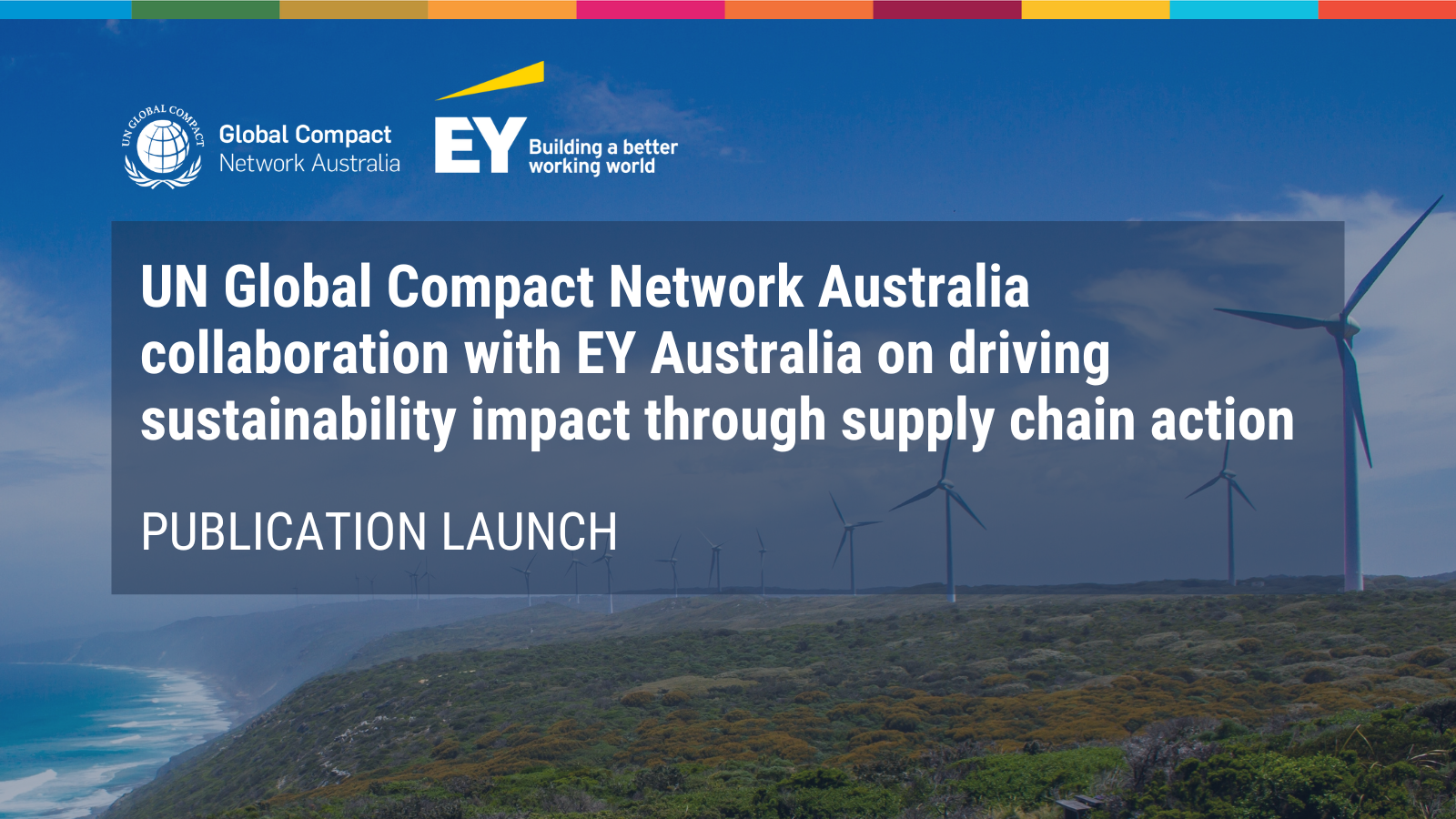
News, Sustainable Development Goals
New Report on Breakthrough Business Models for Sustainable Development
UN Global Compact Network Australia | October 10, 2016
A recent report outlines new thinking around qualities essential to breakthrough business models that will unlock private sector contributions to sustainable development.
The report, Breakthrough Business Models: Exponentially More Social, Lean, Integrated and Circular, was commissioned by the Business and Sustainable Development Commission and produced by Volans.
The long-term benefits of sustainable business, in addition to rising investor and stakeholder interest, are encouraging companies to think differently about sustainable development issues. The report highlights how new thinking will be necessary to face future realities, including exponential population growth, which may bring commercial uncertainty. The private sector is in a unique position to positively impact sustainable development, while exploring associated opportunities and new markets.
To succeed in the new realities, business models must ‘deliver positive social and environmental outcomes at an increasing scale and accelerated pace’. Models must also consider the role of disrupters and innovative technology. For instance, energy markets have faced significant changes as renewable alternatives have become more readily available.
For business to overcome tomorrow’s challenges, ‘mindsets, technologies and business models all need to embrace exponential dynamics’. The report highlights four key qualities of successful, resilient, long-term business models that will keep pace and adapt to exponential changes.
- Social Exponential
To thrive, business must externalise positive social impacts and contribute to a safer, healthier community. The work of social entrepreneurs and impact investors will be key to achieving this. - Lean Exponential
New models need to embrace resource efficiency and create no waste by considering the triple-bottom-line and optimising value creation. - Integrated Exponential
Business must collaborate and contribute to new data flows, which will provide unparalleled market intelligence. Companies can then integrate information to measure and manage the impacts of its value creation based on the needs of future generations. - Circular Economy
New models must counter the current ‘take-make-waste model of capitalism’ by becoming completely circular in terms of operations, product design and material inputs and outputs.
The Business and Sustainable Development Commission was launched in early 2016 with the intent to determine the economic incentives for achieving the SDGs; pioneer new business models to facilitate the SDGs; identify new financial models to align with social and environmental performance; and define a new social contract between business, government and society. Commissioners include Paul Polman, CEO, Unilever, Lise Kingo, Executive Director, UN Global Compact and Australian Sam Mostyn, Non-Executive Director and a member of the GCNA’s SDLG Steering Committee.
To build on the report and assist companies to develop successful new business models, the UN Global Compact and Volans have partnered on Project Breakthrough – an online platform to showcase how business leaders are embracing disruption and exponential thinking to drive new forms of value.
Read the full report
Find out more about Project Breakthrough

